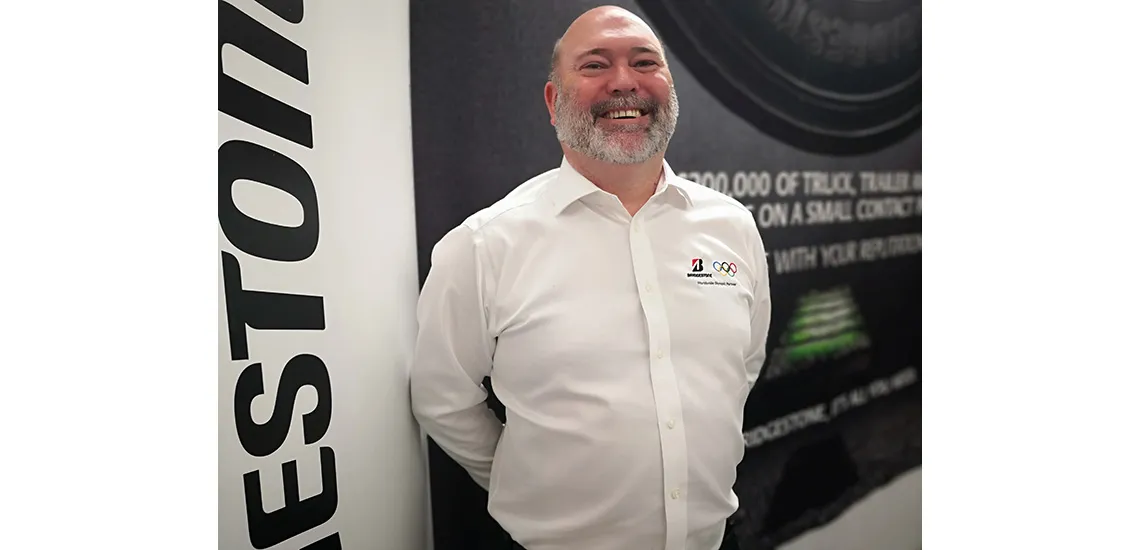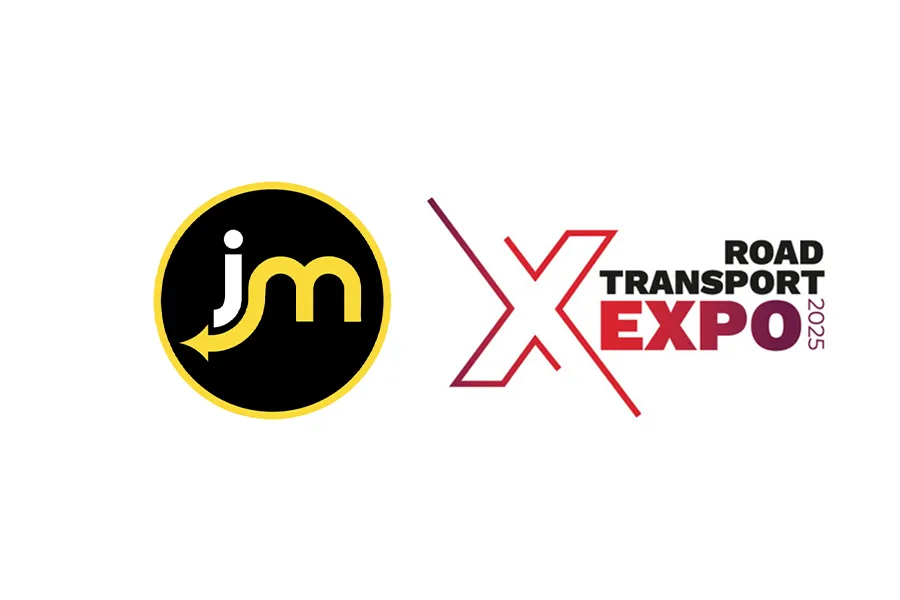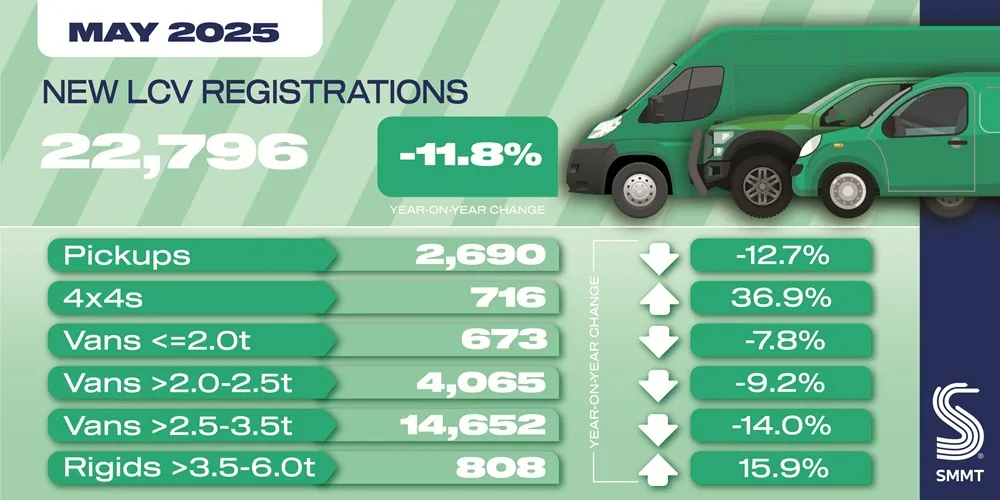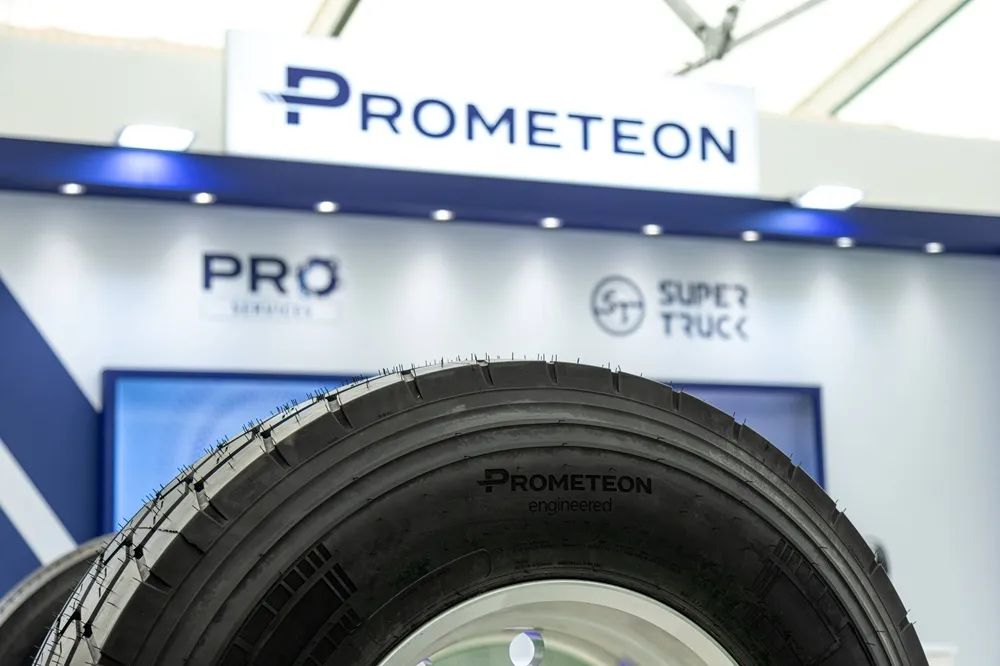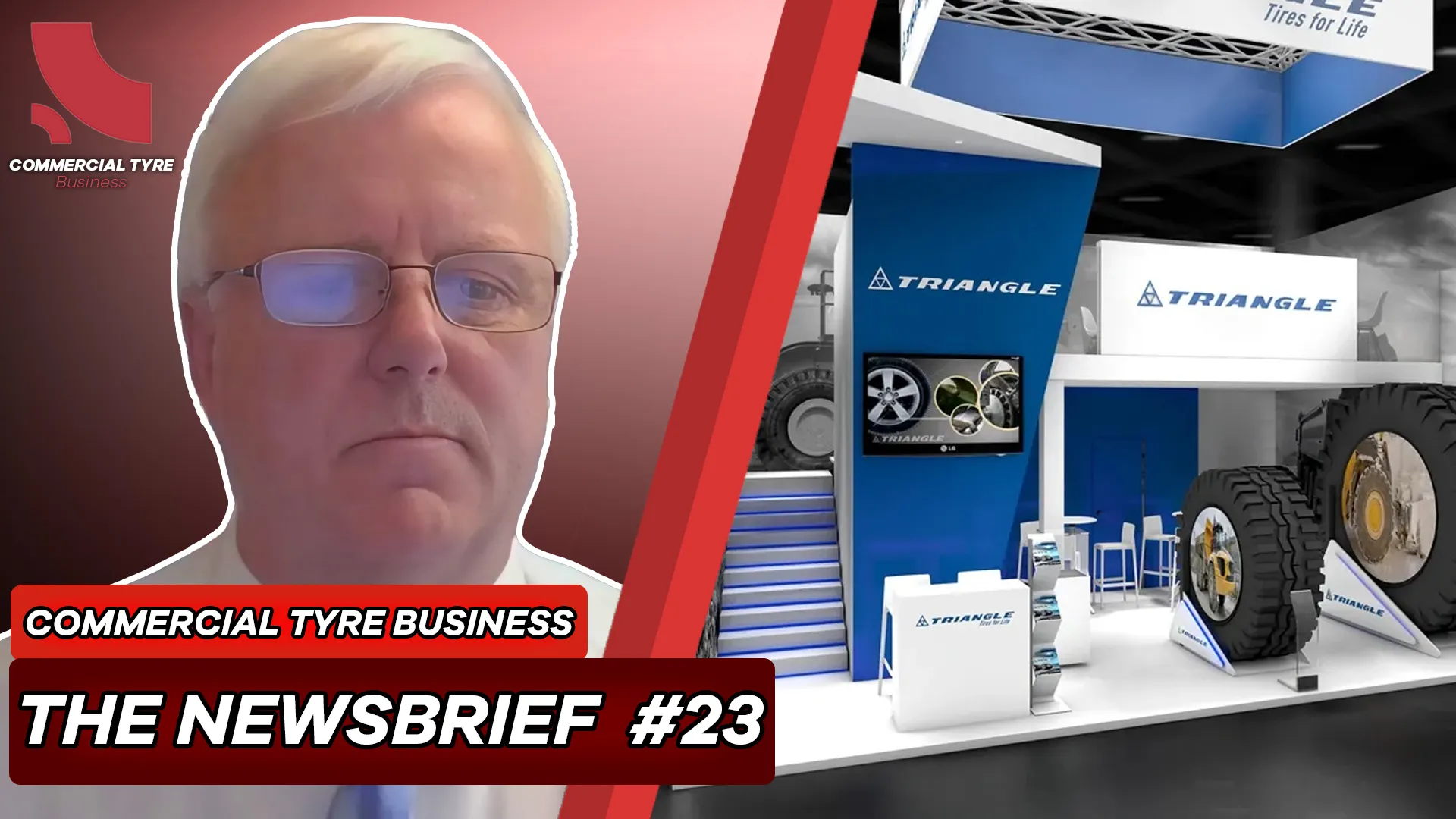In Part 1 of our Bus Feature for Commercial Tyre Business, Bridgestone’s North Region PSV Operations Manager Justin Mason took some time to discuss the manufacturer’s view of the current state of affairs in the bus market.
Bridgestone in the Bus & Coach Sector
With tourism hugely impacted by the pandemic and made almost non-existent during the lockdowns that plagued 2020 and those which have marked the start of 2021, it is fair to say that the bus and coach sector has been one which has been decimated over the last 12 months. This was underlined by the fact that the Society of Motor ...
Bridgestone in the Bus & Coach Sector
With tourism hugely impacted by the pandemic and made almost non-existent during the lockdowns that plagued 2020 and those which have marked the start of 2021, it is fair to say that the bus and coach sector has been one which has been decimated over the last 12 months. This was underlined by the fact that the Society of Motor ...

